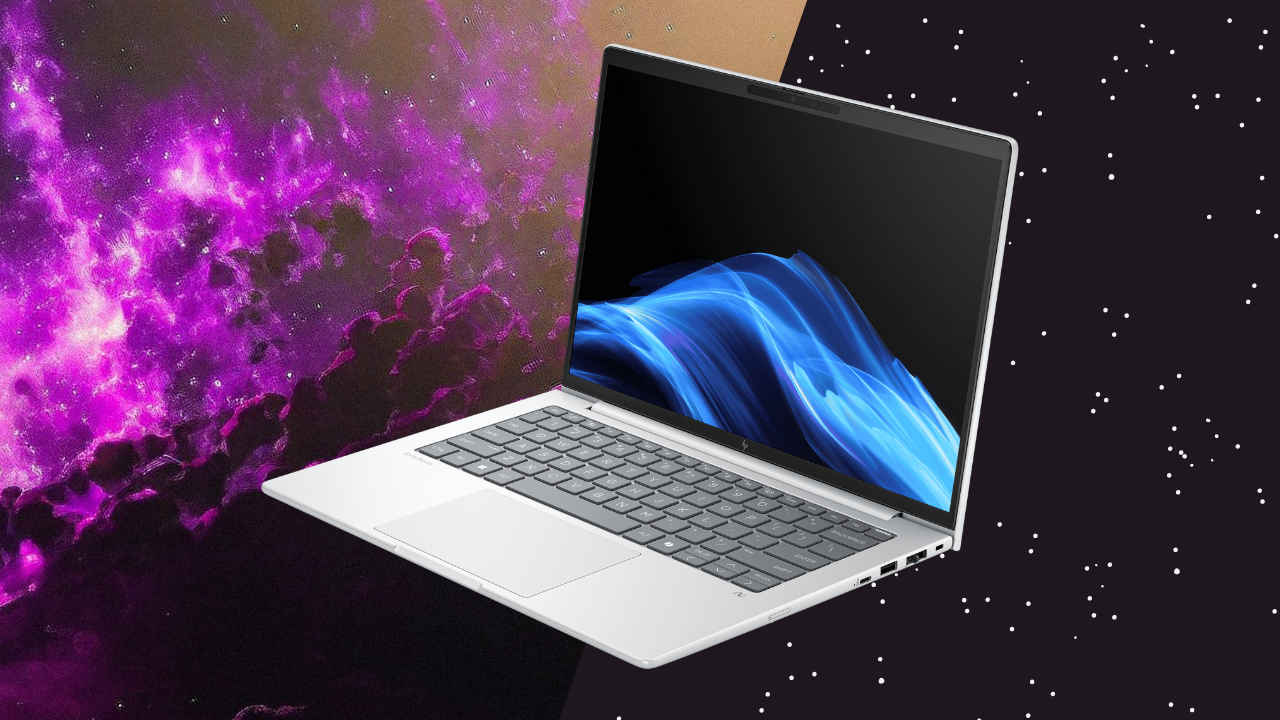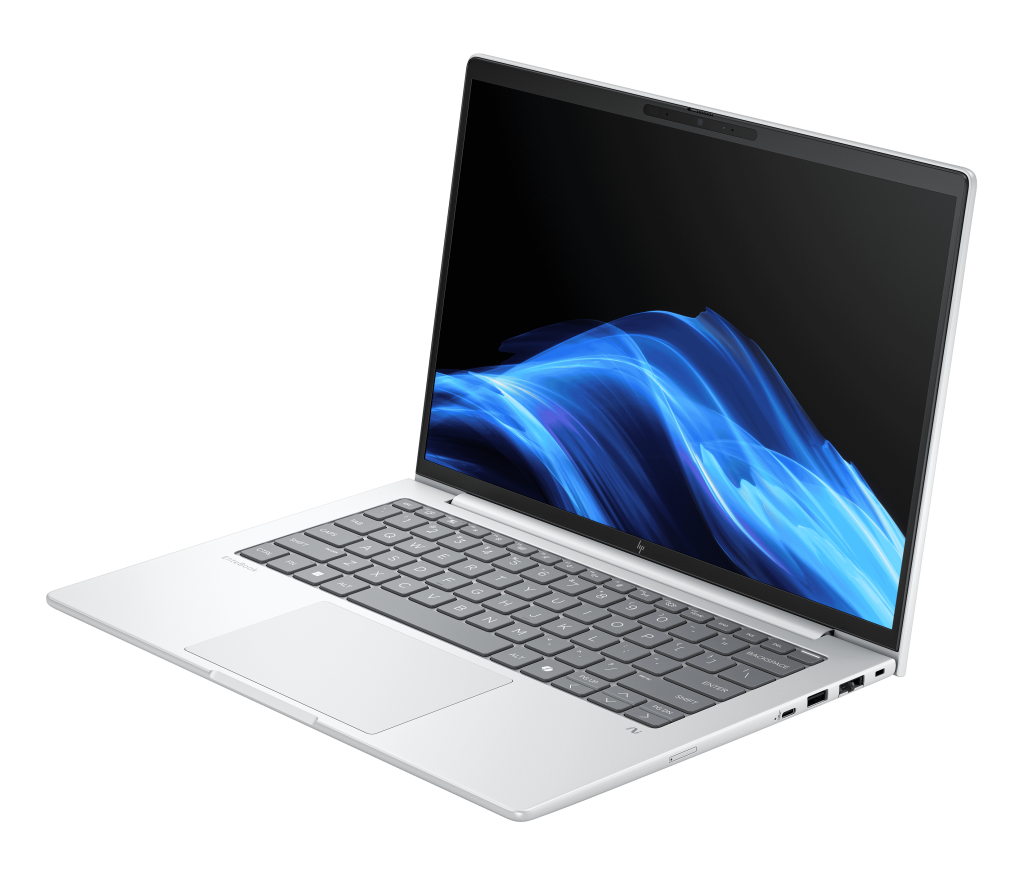

HP has launched its new EliteBook 8 series at the annual HP Amplify Conference held in Nashville on March 18, 2025. The new business laptops represent a significant shift in design philosophy, emphasising repairability and modularity which could potentially extend the lifespan of these devices while reducing electronic waste. This move comes at a time when consumers and businesses alike are increasingly concerned about sustainability and the right to repair their devices without professional assistance.


The EliteBook 8 series laptops feature a completely redesigned chassis that prioritises ease of maintenance and upgradability. HP claims that essential components such as the battery, fans, SSD storage, and memory can be swapped out in under 10 minutes, a significant improvement over previous generations where such operations might have required specialist tools or knowledge.
Perhaps the most notable change is the modular keyboard design. Unlike previous models where the keyboard was fused with the palm rest assembly, the new EliteBook 8 series features a keyboard that can be easily removed and replaced. This design choice not only reduces waste in the event of a keyboard failure but also allows users to switch to different language layouts without replacing the entire top case. This feature alone could prove invaluable for multinational organisations or businesses with diverse workforce requirements.
| Component | Repairability Metric | EliteBook 8 Series |
| Keyboard | Removal complexity | Tool-free design, not fused to palmrest |
| Battery | Replacement time | Under 5 minutes |
| RAM | Accessibility | Direct access, user-replaceable (14-inch/16-inch models) |
| SSD Storage | Upgrade capacity | Up to 2TB, standard M.2 slot |
| Wi-Fi/WWAN | Modularity | Replaceable M.2 cards |
| Cooling System | Maintenance ease | Accessible fan assembly |
The new laptops follow HP’s updated naming scheme, with the EliteBook 800 becoming simply the EliteBook 8. Models are further differentiated by processor type, with Intel variants designated as “G1i” and AMD variants as “G1a,” followed by the screen size. For example, the successor to the EliteBook 845 G11 is now called the EliteBook 8 G1a 14. This naming convention, while initially complex, allows for clear identification of the processor architecture and form factor at a glance.
Also read: AI Laptops vs Traditional Laptops: What’s the real difference?
However, the modularity is not only limited to just the keyboard and easily accessible components. The wireless connectivity options, including Wi-Fi, SSD, and WWAN modules, are all implemented as replaceable M.2 cards. This approach allows businesses to upgrade individual components as needed rather than replacing entire systems, potentially resulting in significant cost savings over the lifecycle of the device.
The EliteBook 8 series is available in multiple sizes, including 13-inch, 14-inch, and 16-inch variants, catering to different user preferences and use cases. Display options include standard 1920×1200 resolution panels across all sizes, with higher resolution options available in the larger models. All models feature a redesigned thinner chassis in a new Glacier Silver colour, along with a larger trackpad and fingerprint reader integrated into the power button.
Also read: Best AI (Artificial Intelligence) Enabled Business Laptops
Performance-wise, the new EliteBooks offer considerable improvements over their predecessors. The Intel variants of the EliteBook 8 G1 feature next-generation AI PCs with NPUs capable of delivering between 40 and 50 TOPS. The AMD variants similarly offer powerful AI capabilities. HP claims up to 224% better power efficiency compared to previous non-NPU models, which should translate to longer battery life for mobile workers.
According to HP, these are the first business PCs to protect against quantum computer hacks, combining high performance with lower power consumption. Given the increasing concerns about quantum computing’s potential to break current encryption standards, this forward-looking security feature could be particularly attractive to businesses handling sensitive data.
Connectivity options are robust, with dual Thunderbolt 4 ports, USB-C and USB-A options, HDMI 2.1, and support for Wi-Fi 6E and Bluetooth 5.3 or 5.4. Optional NFC and Smartcard readers are available for organisations with specific security requirements. Memory configurations go up to 64 GB of RAM, with storage options up to 2 TB of SSD storage.
Also read: HP launches enterprise AI EliteBooks in India with up to 55 TOPS AI performance
Pricing and availability details for the new EliteBook 8 series have not yet been announced, but given the feature set and positioning, these laptops are expected to compete in the premium business laptop segment. For organisations planning hardware refresh cycles, these new models offer compelling reasons to consider HP’s latest business offerings.